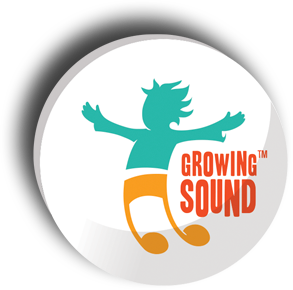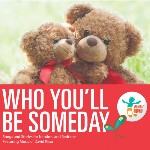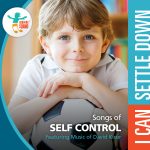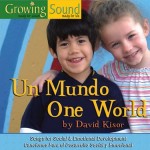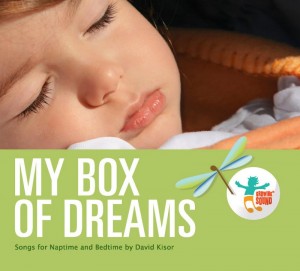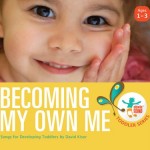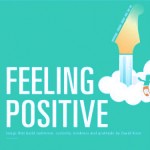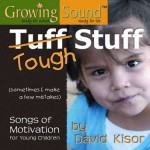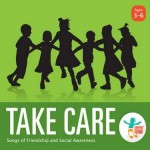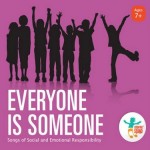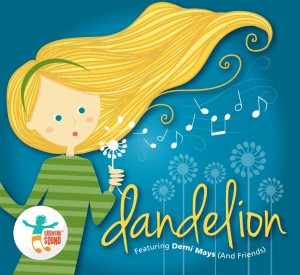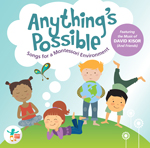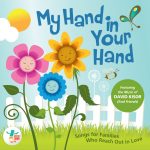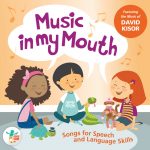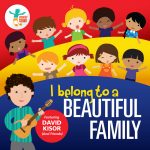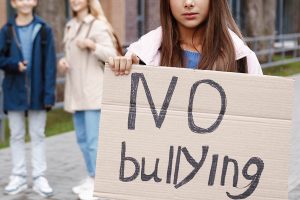
The following will go into the potential of music therapy as a means to prevent and combat bullying. We will analyze the findings from two reference articles: “Music Therapy Interventions for Bullies and Bullying Victims” by Shafer and Silverman and “The Role of Music in Preventing Bullying and Cyberbullying in Adolescents” by Serrano and Iborra. By combining the insights from these sources, we aim to provide a comprehensive understanding of how music can contribute to the prevention of bullying.
Understanding Bullying and its Impact
Before delving into the benefits of music therapy, it is crucial to understand the nature of bullying and its impact on individuals. Bullying involves repeated acts of aggression, such as physical violence, verbal abuse, social exclusion, and cyberbullying. It affects both the victims and the perpetrators, leading to negative physical and psychological consequences.
Research has shown that victims of bullying often experience a loss of self-esteem, increased loneliness, and post-traumatic stress. They may also develop depressive symptoms and have recurrent thoughts of suicide. On the other hand, bullies themselves are at risk of continued aggressive behavior, both in school and in their adult lives. The cycle of bullying can have long-lasting effects on individuals and society as a whole.
Music Therapy as a Promising Intervention
Music therapy, as a creative and expressive form of therapy, has gained attention for its potential to address various psychological and emotional issues. It involves the use of music, including instruments, singing, and songwriting, to facilitate emotional expression, communication, and socialization. The therapeutic nature of music makes it a suitable tool for tackling the complexities of bullying.
According to Shafer and Silverman, music therapy interventions can provide opportunities for positive reinforcement, role-playing, and emotional expression. Activities such as playing mallet instruments, engaging in songwriting, and participating in improvisation can help develop emotional intelligence, social skills, and decision-making abilities. These activities are flexible and can be adapted to the needs and preferences of students across different age groups, from elementary to high school.
The Impact of Music Therapy on Bullies and Victims
Shafer and Silverman emphasize the importance of transferring the skills learned in music therapy sessions to real-life situations. Through the creation of songs with empowering lyrics and rhythmic compositions, music therapy aims to equip victims with strategies to cope with bullying incidents. For example, a song with lyrics like “Just walk away, I don’t need to take this” can serve as a reminder to victims to stand up for themselves and disengage from harmful situations.
By analyzing the meaning of song lyrics related to bullying, music therapists can initiate conversations with affected students, allowing them to express their emotions and thoughts. This process can help victims and bullies develop a deeper understanding of the impact of their actions and promote empathy and compassion.
The Role of Music Education and Collaboration
To maximize the effectiveness of music therapy interventions, collaboration with music educators and the integration of music education in schools are essential. By incorporating music therapy techniques into music classes, students can benefit from a holistic approach to education that addresses both their emotional well-being and musical development.
Music educators can play a crucial role in creating a safe and inclusive environment by promoting empathy, respect, and cooperation through music activities. By incorporating elements of social learning theory and providing opportunities for collaboration, music educators can contribute to the prevention of bullying within the school community.
The Importance of Emotional Intelligence and Social Skills
Emotional intelligence and social skills are key factors in preventing bullying and fostering positive relationships. Research has shown that individuals with high levels of aggressiveness often have low emotional intelligence and social skills. Music therapy, with its emphasis on emotional expression, empathy, and communication, can help develop these essential skills.
Through music therapy activities, students can learn to identify and regulate their emotions, understand the perspectives of others, and develop problem-solving and communication skills. These skills can empower individuals to navigate conflicts, resolve issues peacefully, and foster healthy relationships.
Music Therapy Programs
Various music therapy programs have been implemented to prevent bullying and support victims and bullies. These programs often incorporate elements of social learning theory and use music as a medium for teaching important skills. For example, programs focusing on self-regulation, perspective-taking, emotion management, and friendship skills have shown positive results in improving peer relations and self-management.
The Need for Further Research and Implementation
While the potential of music therapy in preventing bullying is promising, further research is necessary to explore its long-term effects and effectiveness in different contexts. Additionally, the integration of music therapy into school curricula requires collaboration between music therapists, educators, and administrators to ensure its proper implementation and sustainability.
To fully harness the benefits of music therapy in preventing bullying, it is crucial to provide training and resources to educators and therapists. This will enable them to effectively incorporate music therapy techniques into their practice and create a supportive environment for students.
Music therapy has shown promising results in preventing and addressing bullying. By utilizing music as a medium for emotional expression, communication, and skill development, music therapy interventions can equip individuals with the tools to navigate conflicts, foster empathy, and build healthy relationships. Collaboration between music therapists, educators, and administrators is essential to integrate music therapy into school settings effectively. Through further research and implementation, music therapy can become a valuable resource in the fight against bullying and the promotion of a safe and inclusive environment for all students.
Growing Sound’s Music is Based on the Latest Research in Bullying.
We have received numerous awards for our products including Mom’s Choice Award, Parent’s Choice Award, Teachers Choice Award, Creative Child Magazine Award, Family Review Center Awards, Oppenheim Award, and more.
Click on an Collection To Listen To the Music!
Who You’ll Be Someday:
Songs and Stories for
Naptime and Bedtime
Ages 0-4
Contact us for more information!
